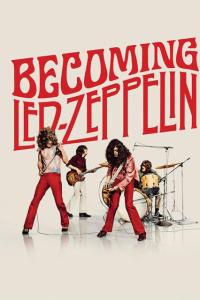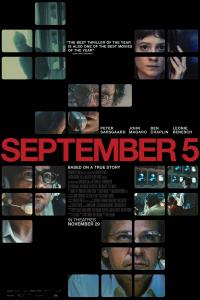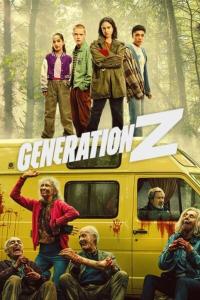Torrent details for "[history] Screening Enlightenment by Hiroshi Kitamura EPUB" Log in to bookmark
Controls:
Language:
 English
EnglishTotal Size:
2.22 MB
Info Hash:
ea176fd7dff80a53e4b03e4f190c9f8a49e0f062
Added By:
Added:
27-01-2025 15:50
Views:
101
Health:

Seeds:
7
Leechers:
5
Completed:
13
xx
support my listings - book / audiobook requests form - thank you
https://linktr.ee/libraryaisle42
xx
During the six-and-a-half-year occupation of Japan (1945–1952), U.S. film studios—in close coordination with Douglas MacArthur's Supreme Command for the Allied Powers—launched an ambitious campaign to extend their power and influence in a historically rich but challenging film market. In this far-reaching "enlightenment campaign," Hollywood studios disseminated more than six hundred films to theaters, earned significant profits, and showcased the American way of life as a political, social, and cultural model for the war-shattered Japanese population. In Screening Enlightenment, Hiroshi Kitamura shows how this expansive attempt at cultural globalization helped transform Japan into one of Hollywood's key markets. He also demonstrates the prominent role American cinema played in the "reeducation" and "reorientation" of the Japanese on behalf of the U.S. government.
xx
support my listings - book / audiobook requests form - thank you
https://linktr.ee/libraryaisle42
xx
During the six-and-a-half-year occupation of Japan (1945–1952), U.S. film studios—in close coordination with Douglas MacArthur's Supreme Command for the Allied Powers—launched an ambitious campaign to extend their power and influence in a historically rich but challenging film market. In this far-reaching "enlightenment campaign," Hollywood studios disseminated more than six hundred films to theaters, earned significant profits, and showcased the American way of life as a political, social, and cultural model for the war-shattered Japanese population. In Screening Enlightenment, Hiroshi Kitamura shows how this expansive attempt at cultural globalization helped transform Japan into one of Hollywood's key markets. He also demonstrates the prominent role American cinema played in the "reeducation" and "reorientation" of the Japanese on behalf of the U.S. government.
xx










































